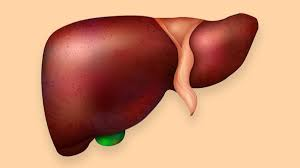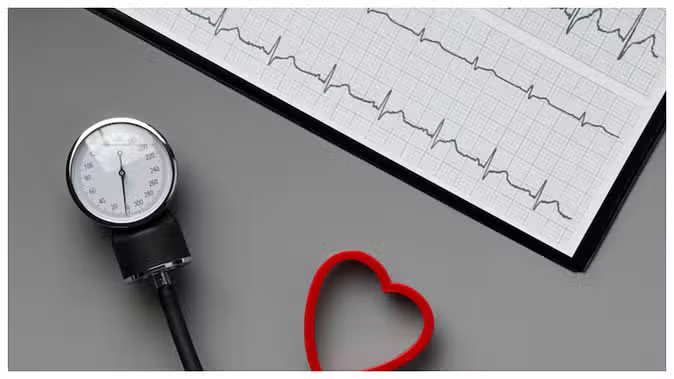When the liver does not function properly, the body faces problems. In people suffering from chronic liver disease, the liver becomes less capable of performing essential functions. This can cause symptoms that affect everyday life. As common as chronic liver disease is, it is also a matter of concern. Almost every fifth person worldwide has this disease. Even in India, one out of every five people is affected by it.

Non-Alcoholic Fatty Liver Disease
The main reason for the increase in cases of liver disease is Non-Alcoholic Fatty Liver Disease (NAFLD). This problem occurs due to accumulation of fat in the liver. According to an AIIMS study , more than one-third of adults in India have fatty liver or non-alcoholic fatty liver disease.
Risk Factors of Liver Disease
More than 100 types of liver diseases can occur due to various types of viruses, genetic disorders, alcohol or hepatitis B virus. However, trends show that alcohol consumption is increasingly becoming the main cause of liver disease rather than hepatitis B virus.
Liver disease in diabetes:
High blood sugar level can also damage the liver. Having type 2 diabetes increases the risk of liver disease. On the other hand, when the liver is not functioning properly, the blood sugar level can increase.
Keep an eye on the health of the liver.
Weight loss, pain on the right side of the rib, excessive tiredness, feeling of low energy and feeling weak are the signs to pay attention to the health of the liver. About one in ten people suffers from persistent fatigue. This percentage is much higher in people with liver problems. People with liver problems feel lack of energy throughout the day, even if they get enough sleep. It seems as if the body has become unable to get energy again. Apart from this, other symptoms include accumulation of extra fluid in the stomach, loss of appetite, yellowing of the skin or whites of the eyes and swelling in the legs or stomach.
Liver disease has a deep impact on health.
Dr. Kaushal Madan, Principal Director and Head Clinical Hepatology of Max Hospitals, New Delhi, says that chronic liver disease can have a deep impact on people's health. Some symptoms are visible, such as yellowing of the skin or the white part of the eyes, which is known as jaundice. At the same time, some symptoms are less visible, such as constant fatigue and weakness. However, these symptoms are also no less troublesome. It is important for people suffering from liver disease to recognize their condition and seek treatment to reduce their symptoms by making lifestyle changes.
It is important to detect liver disease early.
Dr. JJ Karankumar, Medical Affairs Director, Abbott India, says that it is important to detect liver disease early so that it can be treated properly. This is also important because the cases of non-infectious fatty liver disease are increasing rapidly. Timely detection enables treatment and lifestyle changes, which help patients understand and reduce symptoms including fatigue.

Ways to keep the liver healthy
- Take a nutritious and balanced diet. Do not eat unhealthy fatty foods, including processed foods, as these can lead to fat accumulation in the liver.
- Reduce the intake of salt and sugar, because their excess can harm the liver.
- Drink adequate amount of water.
Drinking coffee can also be beneficial in reducing the risk of some types of liver diseases. However, there is no clear evidence on how much coffee is right for the liver. Therefore, consume coffee only after consulting a doctor or in limited quantities.
- Maintain a healthy weight. Do not consume alcohol, especially if you already have any liver disease.
- Give priority to tasks and do them slowly. This will help you manage your energy better throughout the day and you will not get tired.
Through regular checkups, doctors can detect early signs of liver related problems and recommend treatment accordingly. Doctors can help you overcome fatigue by advising you on improving your sleep environment. By taking steps to keep your liver healthy, you can live a life full of energy again.










